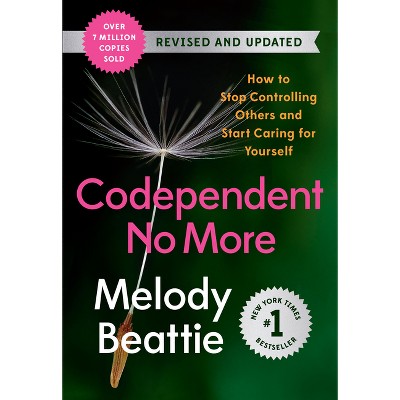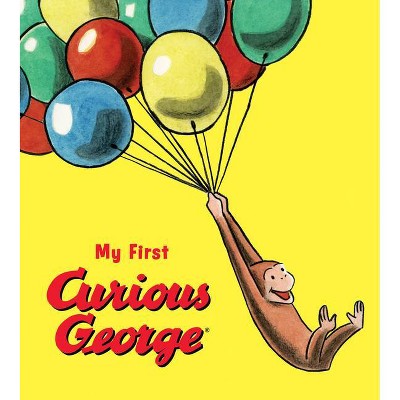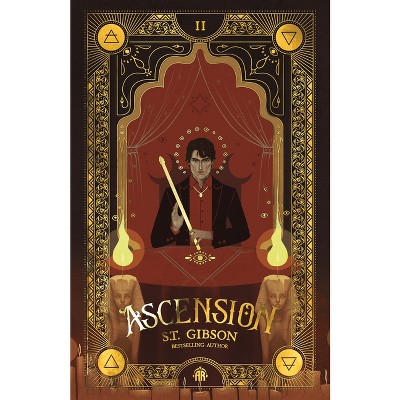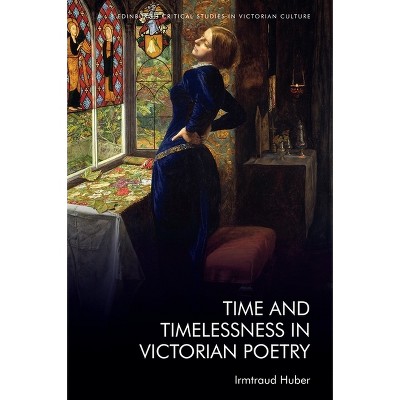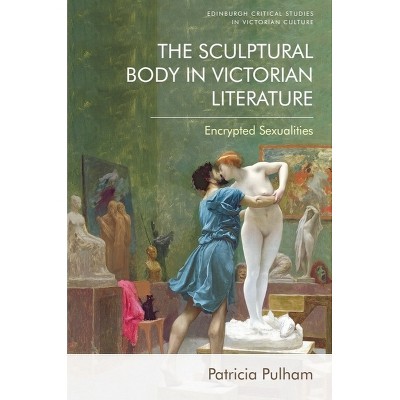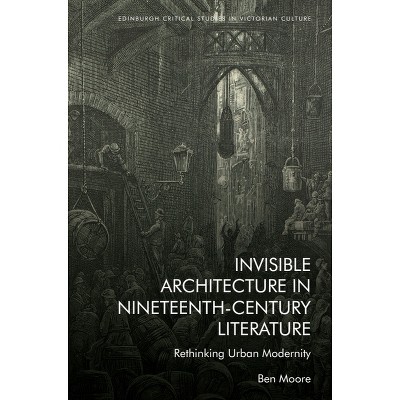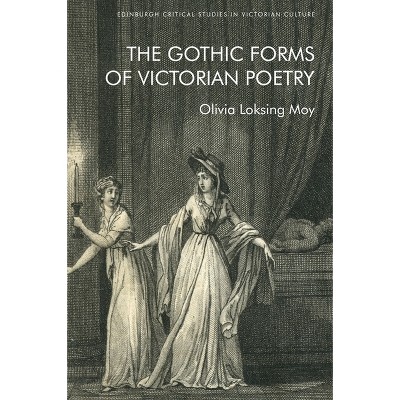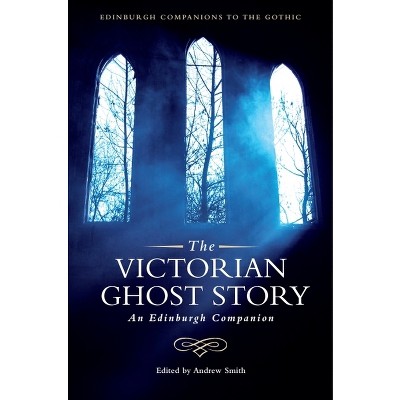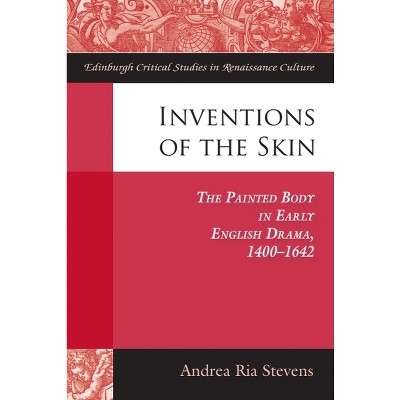Victorian Fictions of Middle-Class Status - (Edinburgh Critical Studies in Victorian Culture) by Albert D Pionke (Hardcover)

About this item
Highlights
- Victorian Fictions of Middle-Class Status recovers the novelistic pervasiveness of a Reform-Era rhetorical form, the negative assertion of value, which grounds middle-class claims to social authority in repudiations of such conventional warrants as birth, wealth, numerical preponderance, command of fact and, specifically for women, the symbolic phallus.
- About the Author: Albert D. Pionke is the William and Margaret Going Endowed Professor of English at the University of Alabama.
- 248 Pages
- Literary Criticism, European
- Series Name: Edinburgh Critical Studies in Victorian Culture
Description
About the Book
Reconstructs the surprising, self-interested, at times paradoxical attempts of Victorian novelists to define the limits of middle-class status
Book Synopsis
Victorian Fictions of Middle-Class Status recovers the novelistic pervasiveness of a Reform-Era rhetorical form, the negative assertion of value, which grounds middle-class claims to social authority in repudiations of such conventional warrants as birth, wealth, numerical preponderance, command of fact and, specifically for women, the symbolic phallus. Bringing together historical, literary and sociological theory, this study recaptures the Victorians' broad sense of epistemological uncertainty about their rapidly changing society, reconstructs novelists' specific attempts to legitimate their traditionally low-status genre and offers fresh readings of novels by Charlotte Brontë, Wilkie Collins, Charles Dickens, George Eliot, Elizabeth Gaskell, William North, Anthony Trollope, William Makepeace Thackeray and Charlotte Yonge, among others.From the Back Cover
Reconstructs the surprising, self-interested and at times paradoxical attempts of Victorian novelists to define the limits of middle-class status Victorian Fictions of Middle-Class Status recovers the novelistic pervasiveness of a Reform-Era rhetorical form, the negative assertion of value, which grounds middle-class claims to social authority in repudiations of such conventional warrants as birth, wealth, numerical preponderance, command of fact and, specifically for women, the symbolic phallus. Bringing together historical, literary and sociological theory, this study recaptures the Victorians' broad sense of epistemological uncertainty about their rapidly changing society, reconstructs novelists' specific attempts to legitimate their traditionally low-status genre and offers fresh readings of novels by Charlotte Brontë, Wilkie Collins, Charles Dickens, George Eliot, Elizabeth Gaskell, William North, Anthony Trollope, William Makepeace Thackeray and Charlotte Yonge, among others. Albert D. Pionke is the William and Margaret Going Endowed Professor of English at the University of Alabama.Review Quotes
Essential reading for Victorianists, this book gives a powerful and illuminating account of the novel's role in defining the middle class. Set against birth and wealth, force and fact, desire and authority - the middle class, Pionke shows us, was knowable only by way of its others
--Caroline Levine, Cornell UniversityPionke's striking innovation is to propose that mid-Victorian bourgeoisie strove to justify their status in negative terms. His persuasive and thought-provoking work allows readers to connect current-day notions of class and economic privilege to an earlier period of capitalist plutocracy - a period in which questions of privilege and invidious economic comparisons found their expression in very different cultural forms."
--John Plotz, Brandeis UniversityPionke's approach to examining the connective tissue between life and literature ultimately sets this work apart from previous investigations... The study ultimately deserves praise for offering a new set of categorisations that shaped the Victorian middle-class as represented in, and influenced by, nineteenth-century fiction: more work employing this multidisciplinary route will be welcome and insightful.--Hendrikje Kaube "Romance, Revolution & Reform"
About the Author
Albert D. Pionke is the William and Margaret Going Endowed Professor of English at the University of Alabama. He is the author of Teaching Later British Literature: A Thematic Approach (Anthem Press, 2019), The Ritual Culture of Victorian Professionals: Competing for Ceremonial Status, 1838-1877 (Ashgate Publishing, 2013), and Plots of Opportunity: Representing Conspiracy in Victorian England (Ohio State University Press, 2004); coeditor of The Socio-Literary Imaginary in 19th and 20th Century Britain: Victorian and Edwardian Inflections (Routledge, 2020), Thomas Carlyle and the Idea of Influence (Fairleigh Dickinson University Press, 2018), and Victorian Secrecy: Economies of Knowledge and Concealment (Ashgate Publishing, 2010); and general editor of the COVE edition of William North's The City of the Jugglers(COVE Editions, 2021). In addition, he is co-editor of the Victorians Institute Journal and founding director and principal investigator of Mill Marginalia Online.
